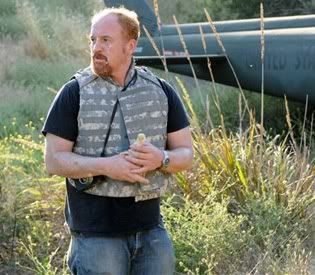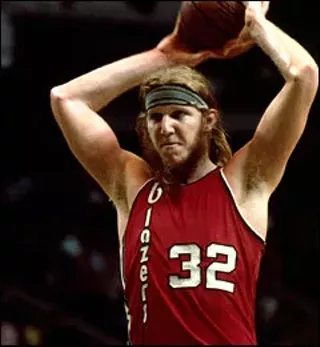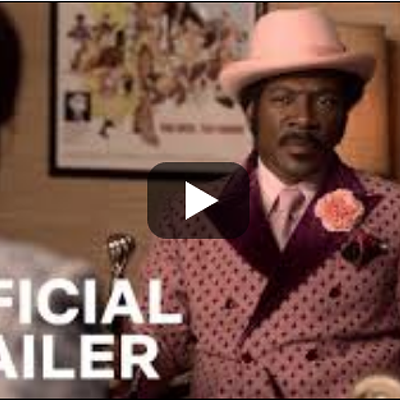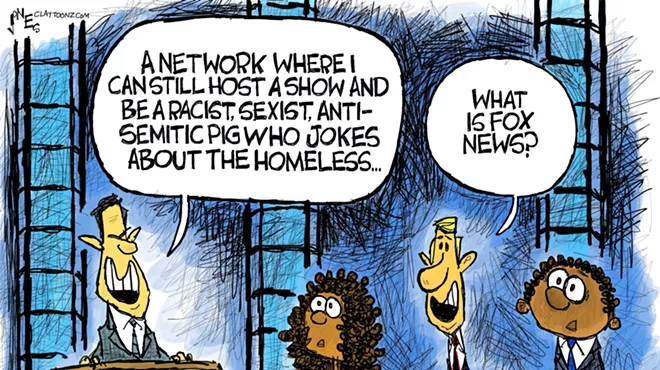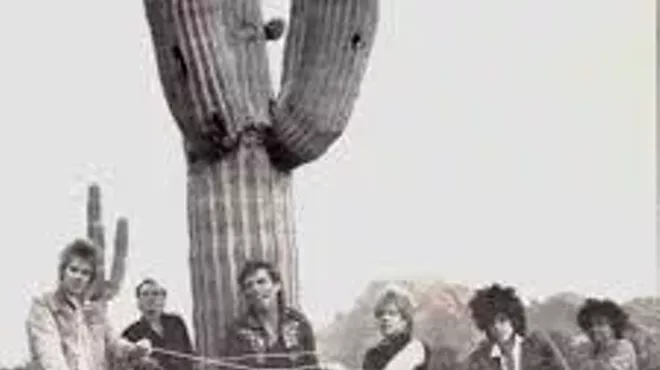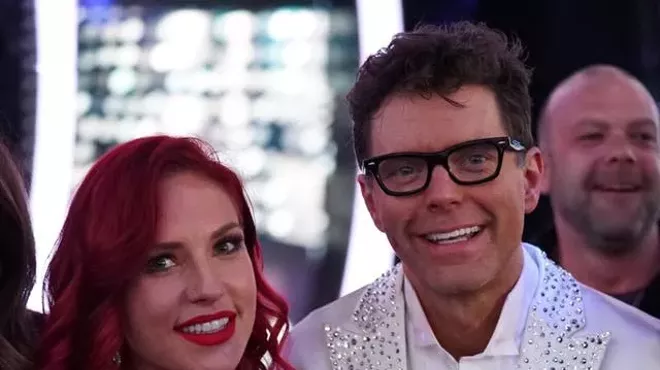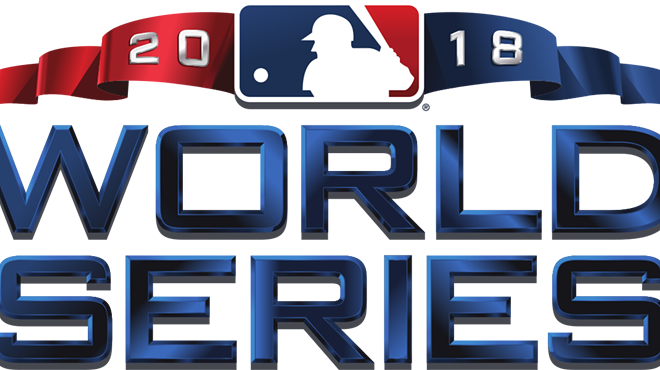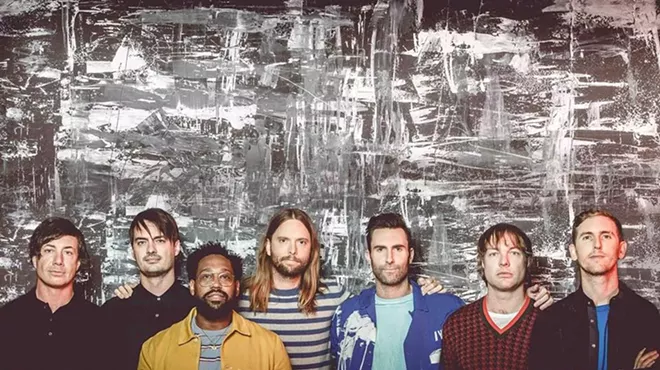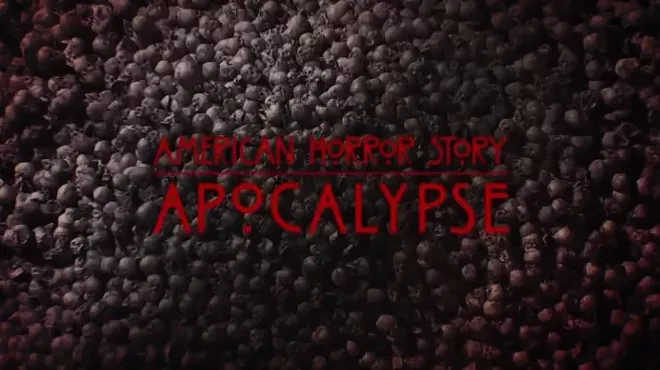Sunday, September 18, 2011
Idiot Boksen - The Mindblowing Second Season of "Louie"
In late June, I wrote a column about how awesome Louis C.K. was, about how the first season of Louie was inventive and brilliant, and that the first episode of season two portended more greatness. Then, a month ago, I wrote about how Louie was the best of the excellent comedies airing right now.
I knew Louie's second season was great, but I didn't realize how great it would get.
After a dizzying final three episodes, I've become convinced the second season of Louie is the best single season of television that has ever aired. I don't mean the best comedy season. I mean the best season, period.
I don't recommend Louie for everyone. It's dark at times (one episode revolves around a suicidal stand-up comedian, and there's no happy ending). It's coarse (at least two episodes hinged on fart jokes, and one was devoted almost entirely to masturbation, and, really, referring to it as "coarse" is an understatement). It's just not for everyone, and I get that.
But it's also as emotionally rich, unflinchingly honest and deeply insightful as anything piece of art I've ever witnessed. Oh, and it's really, really funny, too.
It was Louie's final three episodes that pushed the show over the top, a stunning sequence that covered the war in Afghanistan, shared humanity, the gulf between generations, and the crushing pain and sublime hope of love. Each of these towering themes is explored in an innately personal way, but what makes Louie truly genius is its creator's perspective. Take, for example, the opening stand-up routine in episode 12, "Niece", in which C.K. delivers a scathing indictment of youthful entitlement. “You’re wearing a vest that matches the building. Just do the thing that is the point of the place," he rages at apathetic service industry types. I winced at this, remembering the security job I walked out on as a 22 year-old. Top to bottom, it was a brilliant version of a rote "what's with the kids today?" rant.
Then the episode turns. Louie is forced to watch over his sullen teenage niece for a few days, and their complete lack of common ground is painful. Later, a younger comedian gets her to open up. "How'd you get her to talk to you like that?" a dismayed Louie asks. "Just gotta learn how to talk to people who aren't like you," the comedian responds. "It's called empathy, man."
That's what courses through Louie. Empathy. Nearly every character, from the pretty blonde anti-masturbation advocate in episode 8 to the racist aunt in episode 5 is given layer and dignity. Nowhere was this more evident than in the season's best episode, "Duckling". In it, Louie performs as part of a USO tour bouncing around American bases in Afghanistan. The episode's depiction of US soldiers is one of the most accurate I've seen. Another liberal-minded writer (and Louis C.K. is certainly liberal) might have portrayed Louie's ex-Marine country singer tour companion as a macho d-bag. A conservative writer might have portrayed him as unfailingly courageous and good-hearted. Louis C.K. writes him as all of those things and more. I'm not sure I've ever seen such subtlety in such a simple character. The only other artist I've experienced who treats other human beings with such honesty and genuine love is David Foster Wallace, and he was a genius, as well.
I could go on about those last three episodes, but this is getting long already. Mainly, I want to convey how important I think Louie is. Partly, it is important because it is comedy at it's highest level. Mostly, it is important because the world needs more artists like Louis C.K. and David Foster Wallace, creators who can see the brutality and ugliness in our world, but dig out the beauty and wonder, as well.
Tags: Louie , comedy , empathy , David Foster Wallace , FX


